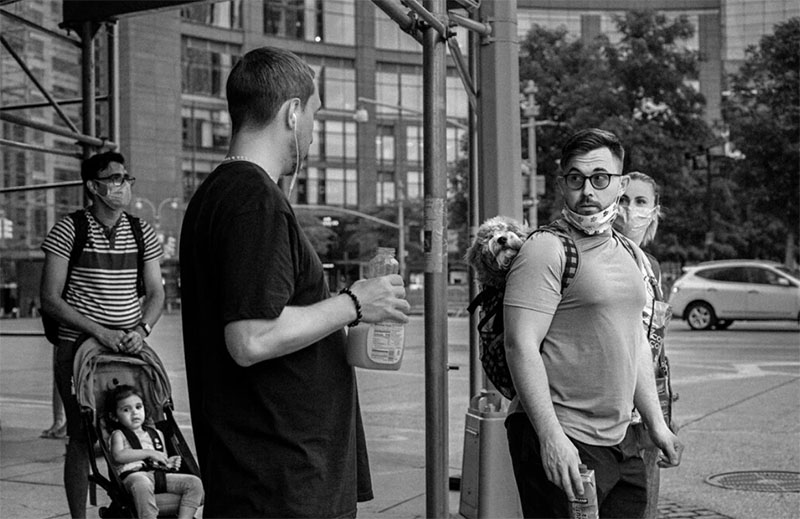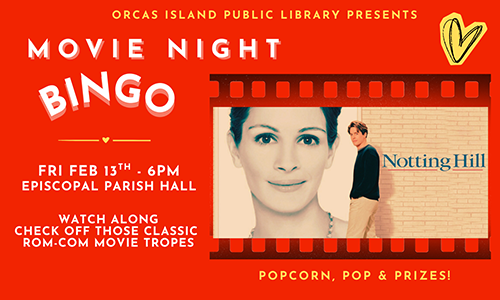||| from New York Times ||| [posted at the request of a reader]
Deprive people of interactions with peers, and their social skills will atrophy. This is yet another side effect of the pandemic.
As the school year begins amid a pandemic, many are concerned about the negative impact that virtual or socially distanced learning may have on children’s developing social skills.
But what about grown-ups? It seems adults deprived of consistent and varied peer contact can get just as clumsy at social interactions as inexperienced kids.
Research on prisoners, hermits, soldiers, astronauts, polar explorers and others who have spent extended periods in isolation indicates social skills are like muscles that atrophy from lack of use. People separated from society — by circumstance or by choice — report feeling more socially anxious, impulsive, awkward and intolerant when they return to normal life.
Psychologists and neuroscientists say something similar is happening to all of us now, thanks to the pandemic. We are subtly but inexorably losing our facility and agility in social situations — whether we are aware of it or not. The signs are everywhere: people oversharing on Zoom, overreacting to or misconstruing one another’s behavior, longing for but then not really enjoying contact with others.

It’s an odd social malaise that can easily become entrenched if we don’t recognize why it’s happening and take steps to minimize its effects.
“The first thing to understand is that there are biological reasons for this,” said Stephanie Cacioppo, the director of the Brain Dynamics Laboratory at the University of Chicago. “It’s not a pathology or mental disorder.”
Even the most introverted among us, she said, are wired to crave company. It’s an evolutionary imperative because there’s historically been safety in numbers. Loners had a tough time slaying woolly mammoths and fending off enemy attacks.
So when we are cut off from others, our brains interpret it as a mortal threat. Feeling lonely or isolated is as much a biological signal as hunger or thirst. And just like not eating when you’re starved or not drinking when you’re dehydrated, failing to interact with others when you are lonely leads to negative cognitive, emotional and physiological effects, which Dr. Cacioppo said many of us are likely experiencing now.
Even if you are ensconced in a pandemic pod with a romantic partner or family members, you can still feel lonely — often camouflaged as sadness, irritability, anger and lethargy — because you’re not getting the full range of human interactions that you need, almost like not eating a balanced diet. We underestimate how much we benefit from casual camaraderie at the office, gym, choir practice or art class, not to mention spontaneous exchanges with strangers.
READ FULL ARTICLE: https://www.nytimes.com/2020/09/01/sunday-review/coronavirus-socially-awkward.html
**If you are reading theOrcasonian for free, thank your fellow islanders. If you would like to support theOrcasonian CLICK HERE to set your modestly-priced, voluntary subscription. Otherwise, no worries; we’re happy to share with you.**







